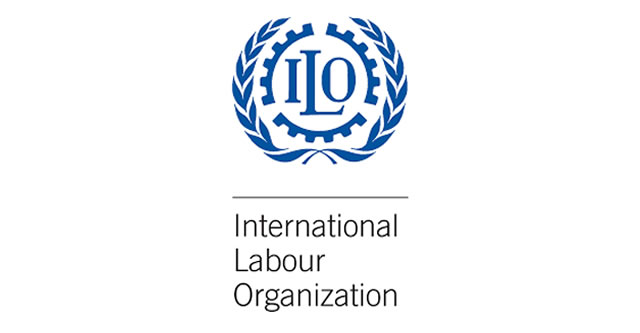
Emphasizing the potential for job creation, the International Labour Organisation (ILO) has highlighted that investing in care policies holds significant promise.
In its latest report titled ‘Care at Work: Investing in Care Leave and Services for a More Gender Equal World of Work – Companion Regional Report for the Middle East and North Africa, the ILO examined how investing in the care economy could impact the labor market in the Middle East and North Africa.
The report projected that by 2035, about 13 million jobs could be generated across 12 countries in the Middle East and North Africa through investments in care policies related to childcare leave, breastfeeding breaks for working mothers, and the expansion of early childhood care and education and long-term care services.
To achieve these outcomes, the report called for substantial investments in care policy packages throughout the region to enhance both economic and social returns, reduce the gender employment gap, and advance gender equality in workplaces.
The report outlined that an estimated annual investment of over $204 billion by 2035, equivalent to an average of 5.8% of GDP per country, would be necessary to bridge existing care policy gaps.
This investment forecasted a seven-percentage-point reduction in the gender employment gap and a decline in the gender earnings gap from 15% in 2019 to 1.8% by 2035, indicating significant progress.
According to the ILO, every dollar allocated to care packages is anticipated to yield approximately three dollars in increased GDP, underlining the positive economic implications of investing in care.
The projections in the report were based on the ILO Care Policy Investment Simulator for the 12 MENA countries with relevant data, including Egypt, Morocco, Lebanon, Saudi Arabia, Iraq, Oman, Jordan, Tunisia, Bahrain, Kuwait, Qatar, and the UAE.
ILO Regional Director for the Arab States, Ruba Jarada, and ILO Chief of the Gender, Equality, Diversity, and Inclusion Branch, Chidi King, stressed that substantial investments in transformative care policy packages were imperative for a sustainable, inclusive, and gender-equal future in the MENA region.
The ILO executives expressed hope that the core message of the report would resonate with governments, employers, workers’ organizations, and various global, regional, and national partners collaborating to foster a more compassionate work environment.
They underscored that the report not only identified existing policy gaps and the benefits of investing in care but also outlined a pathway for implementing transformative care policy packages.
Despite the universal recognition of maternity protection as a fundamental human and labor right, the executives noted inconsistencies in its enforcement across the MENA region.
They highlighted that 12 countries in the region still fell short of the ILO’s minimum standards, indicating a lengthy journey ahead to achieve universal compliance given the current pace of legal reforms.
The executives also emphasized that the report aimed to propose shared recommendations and practical strategies to ensure universal access to quality early childhood care and education through transformative care policies and the promotion of decent working conditions.
